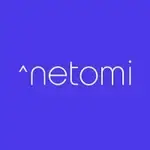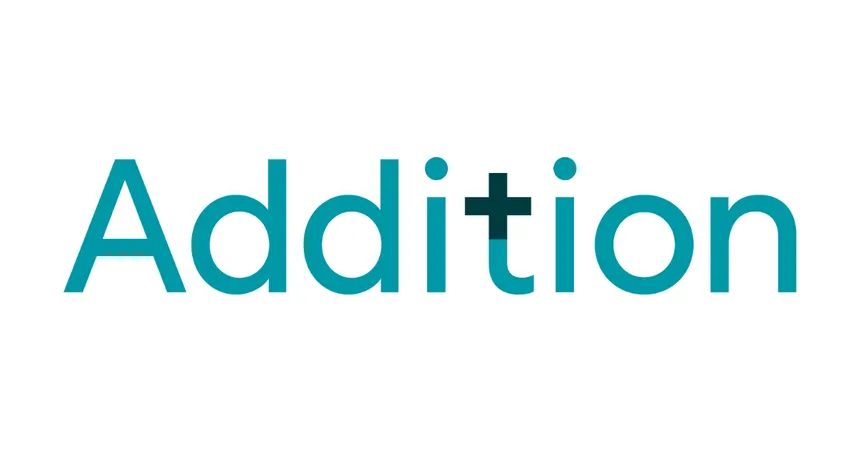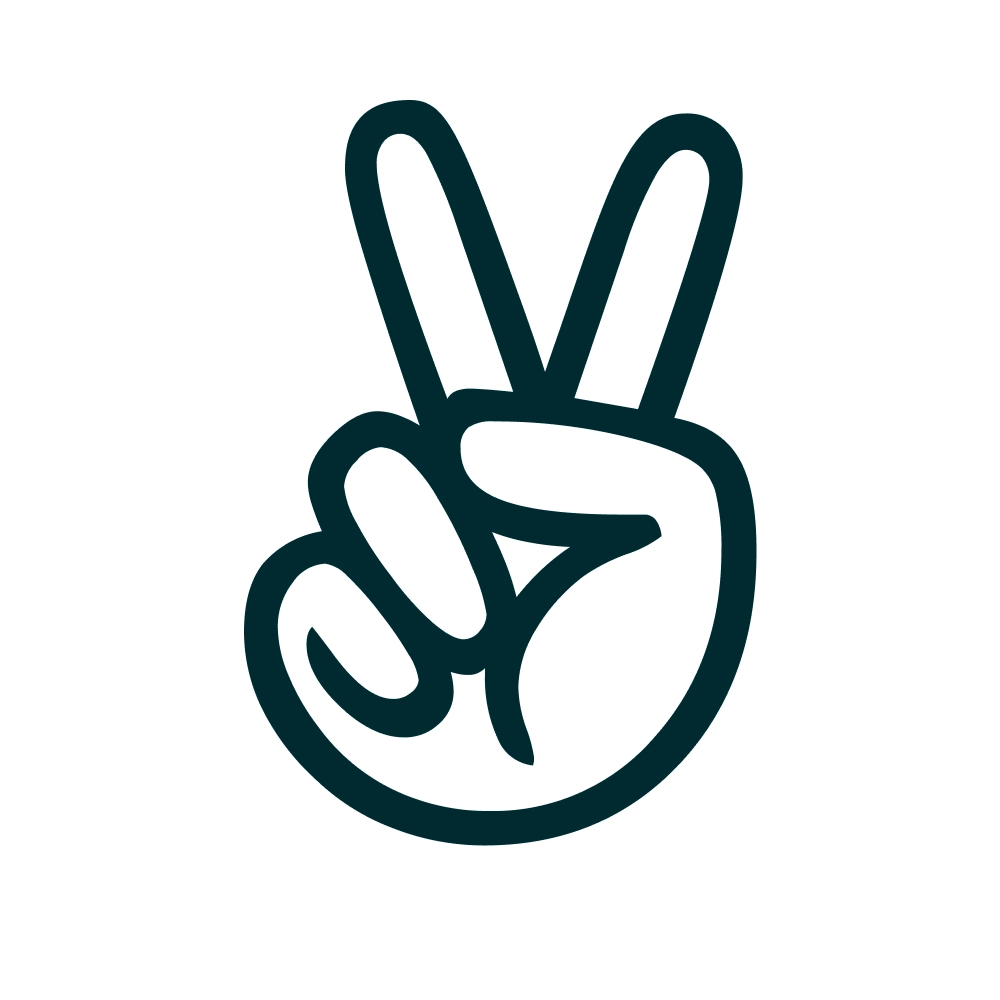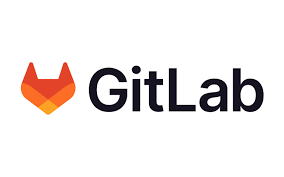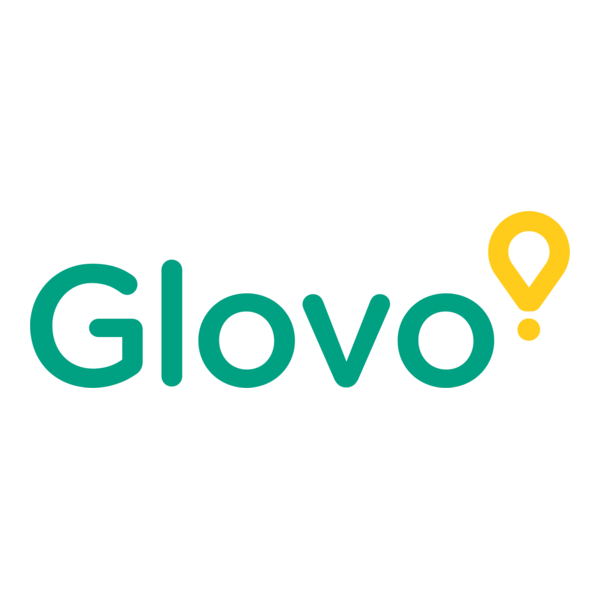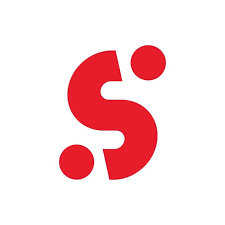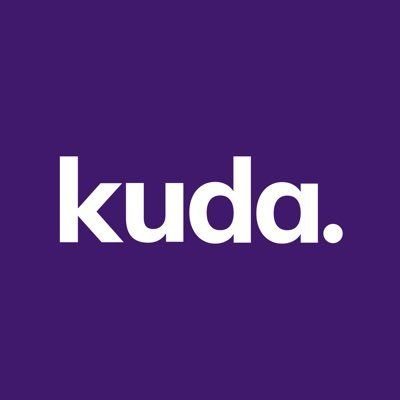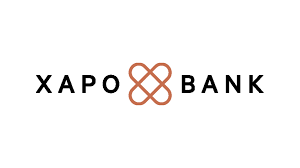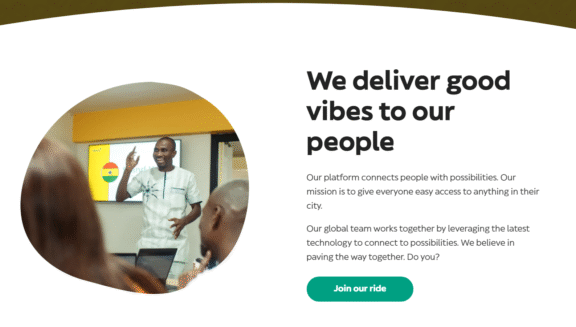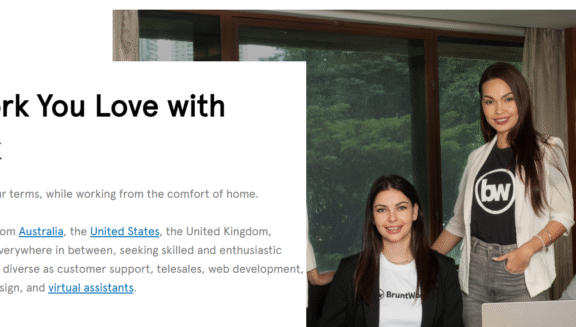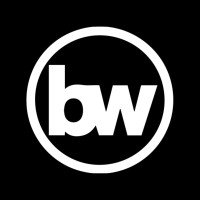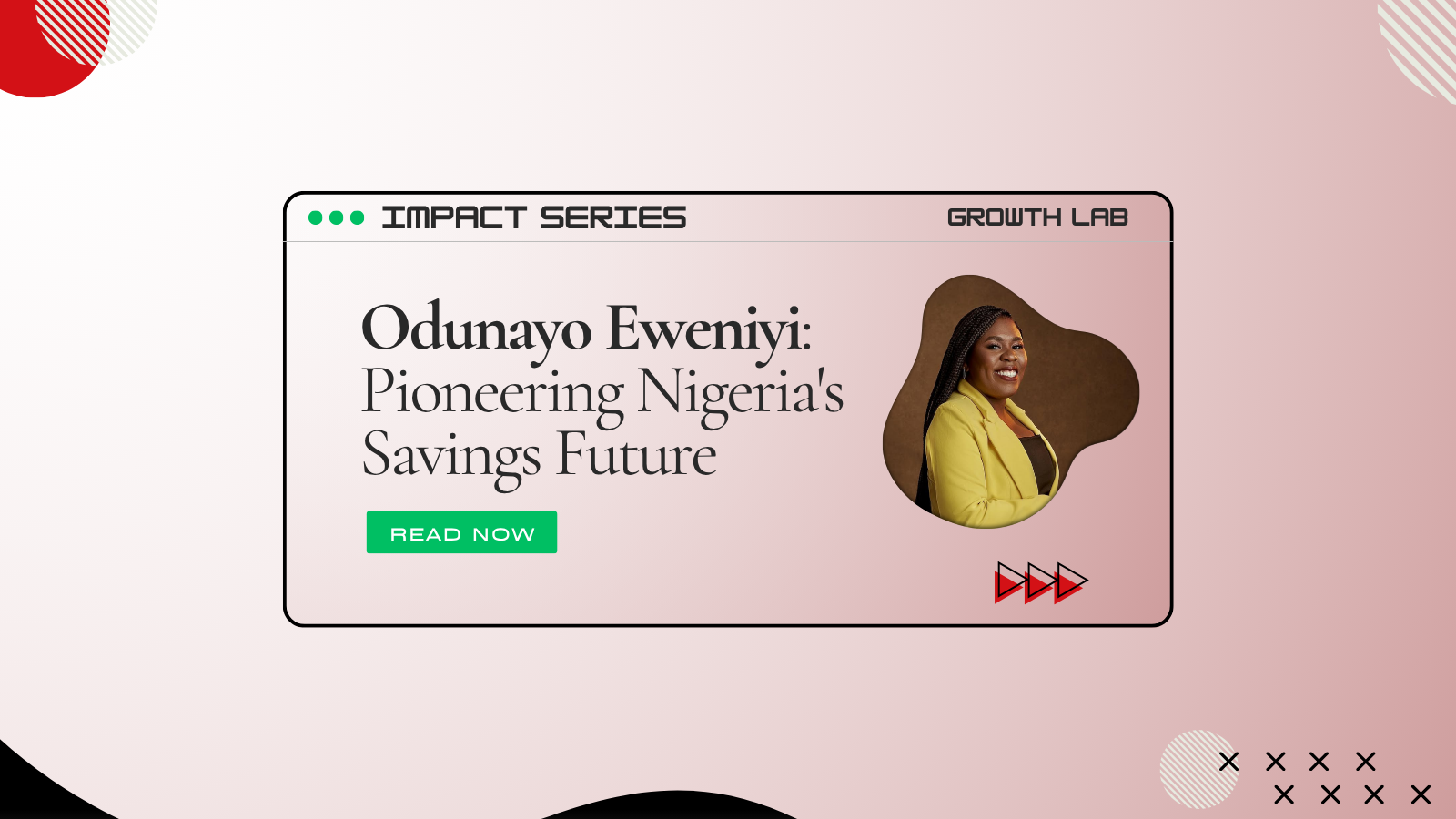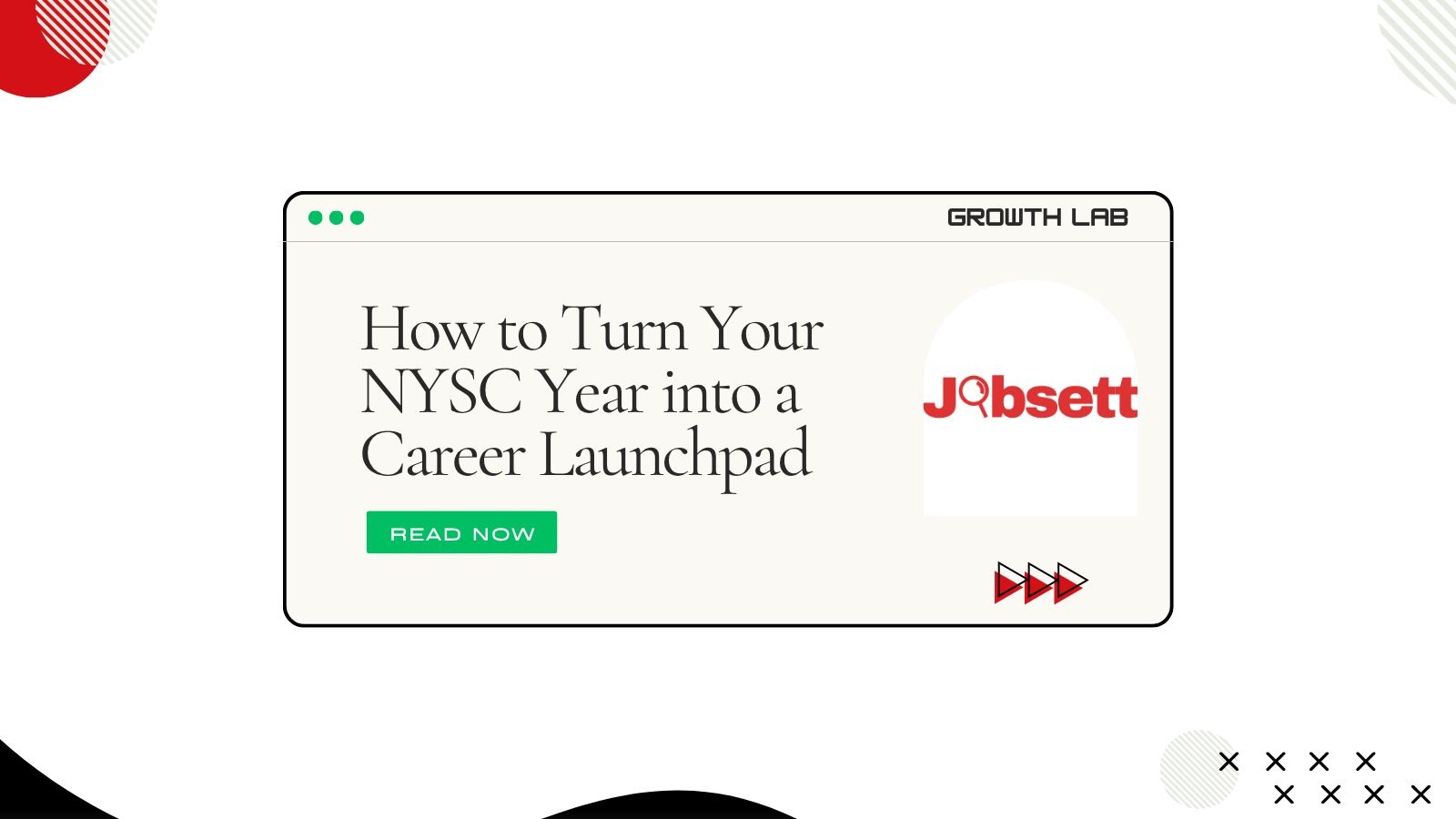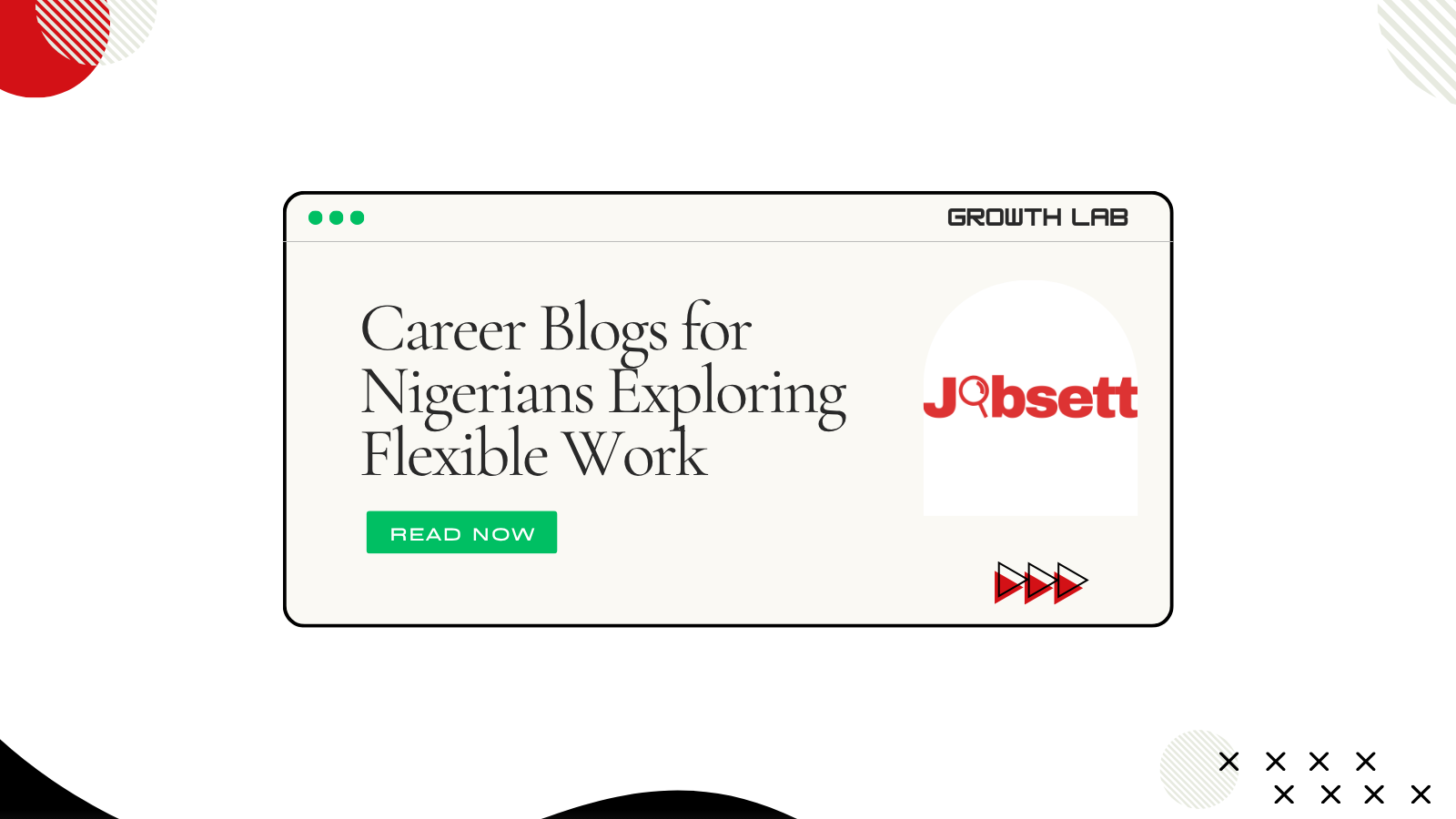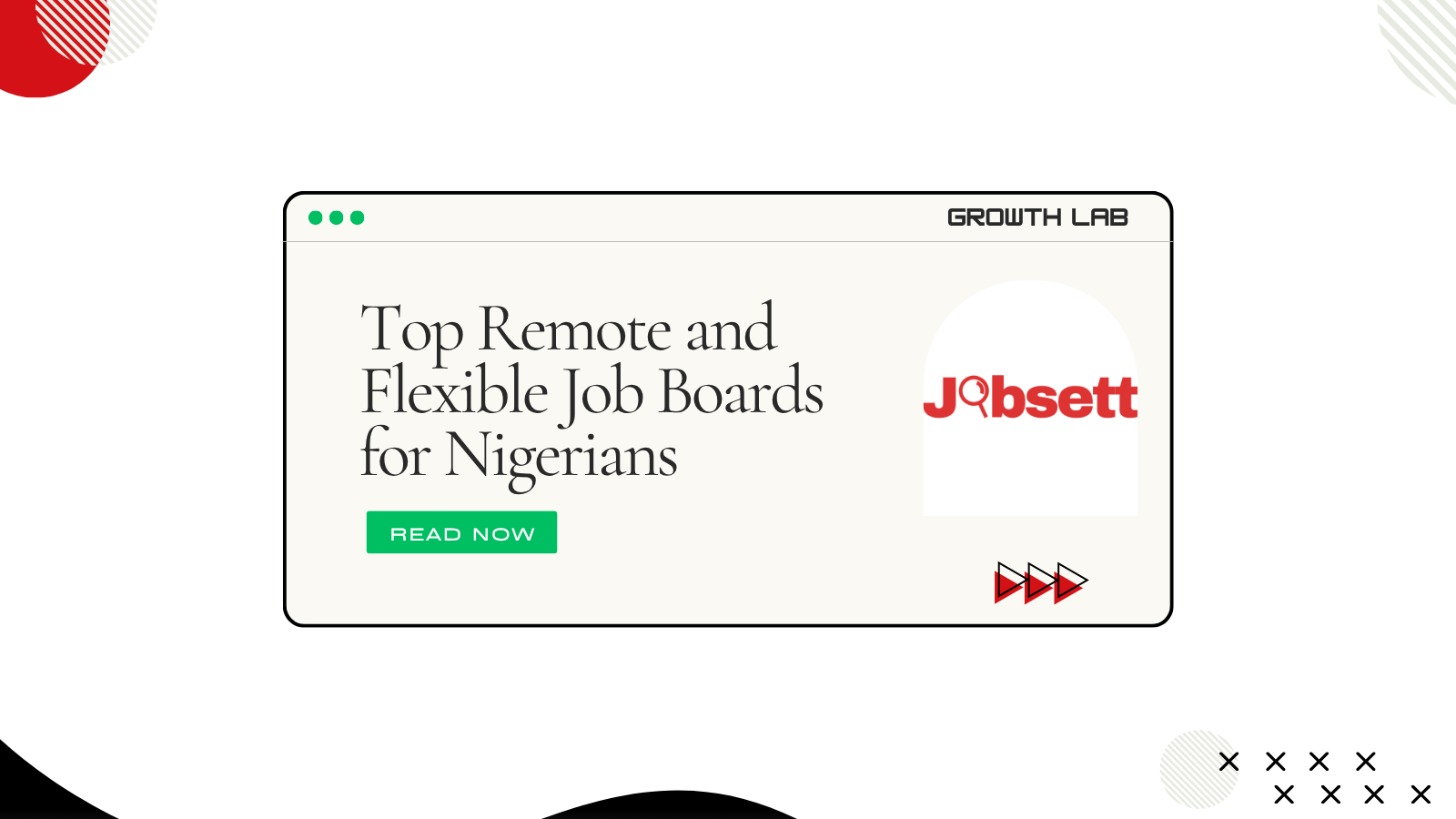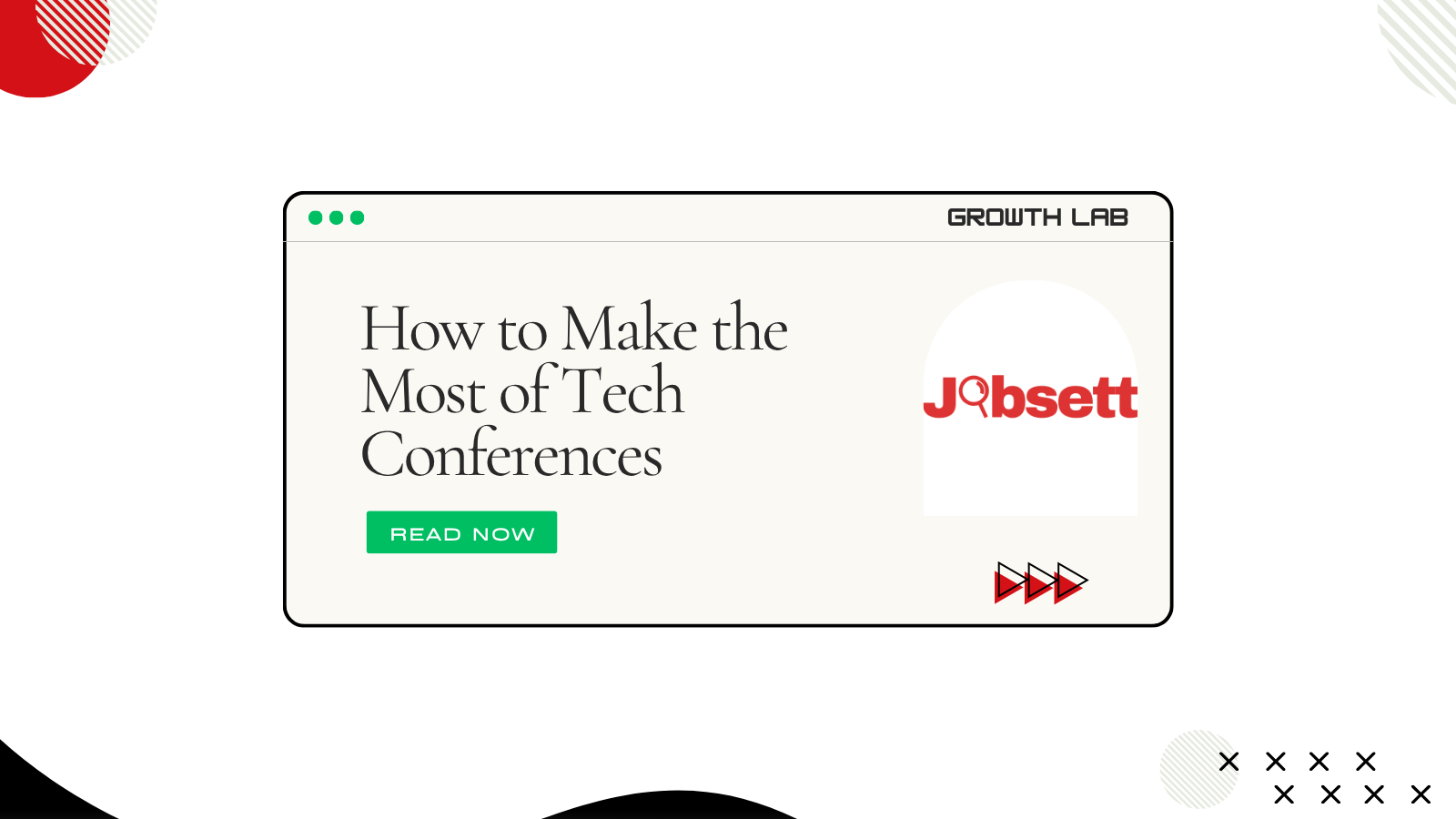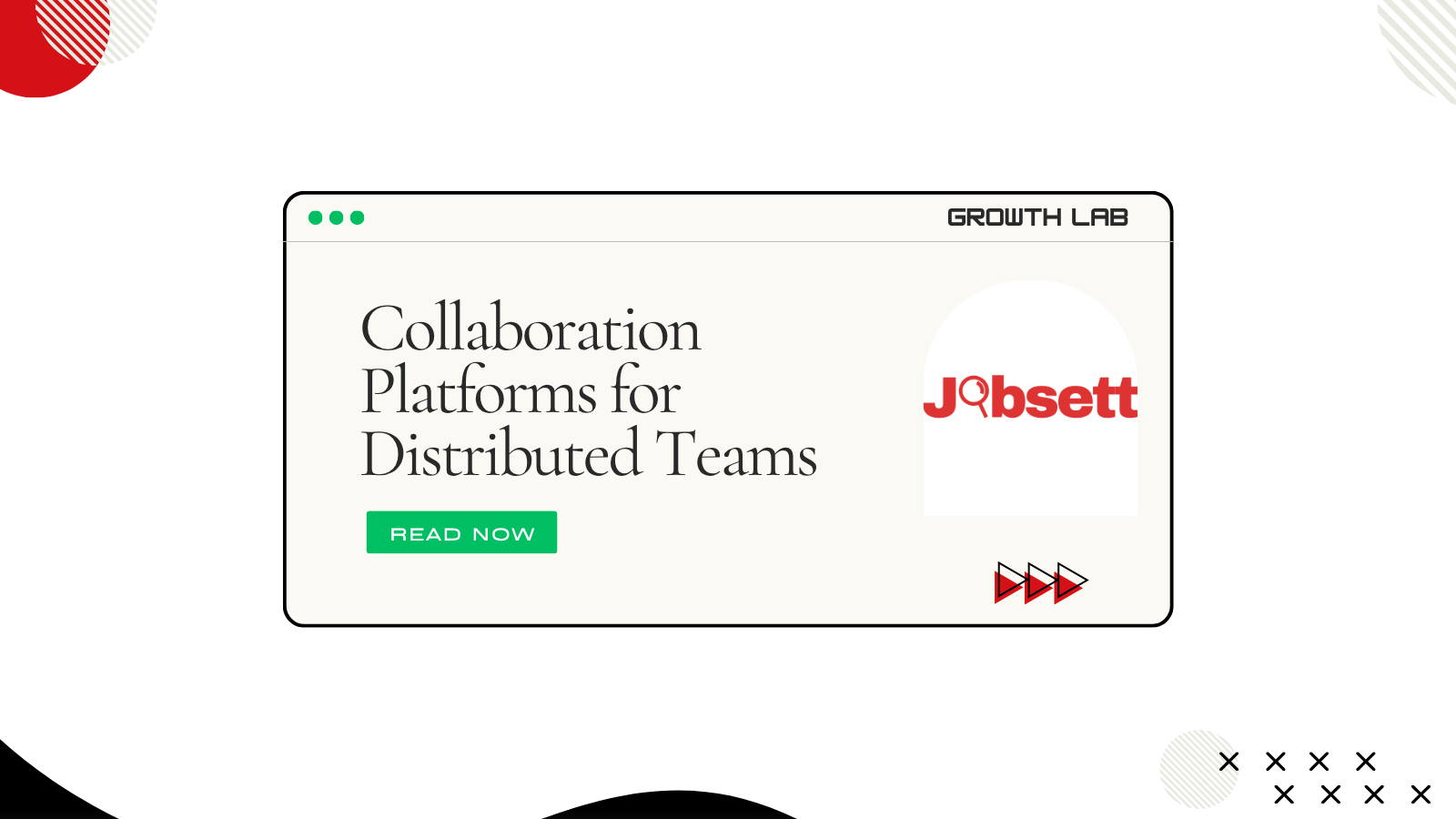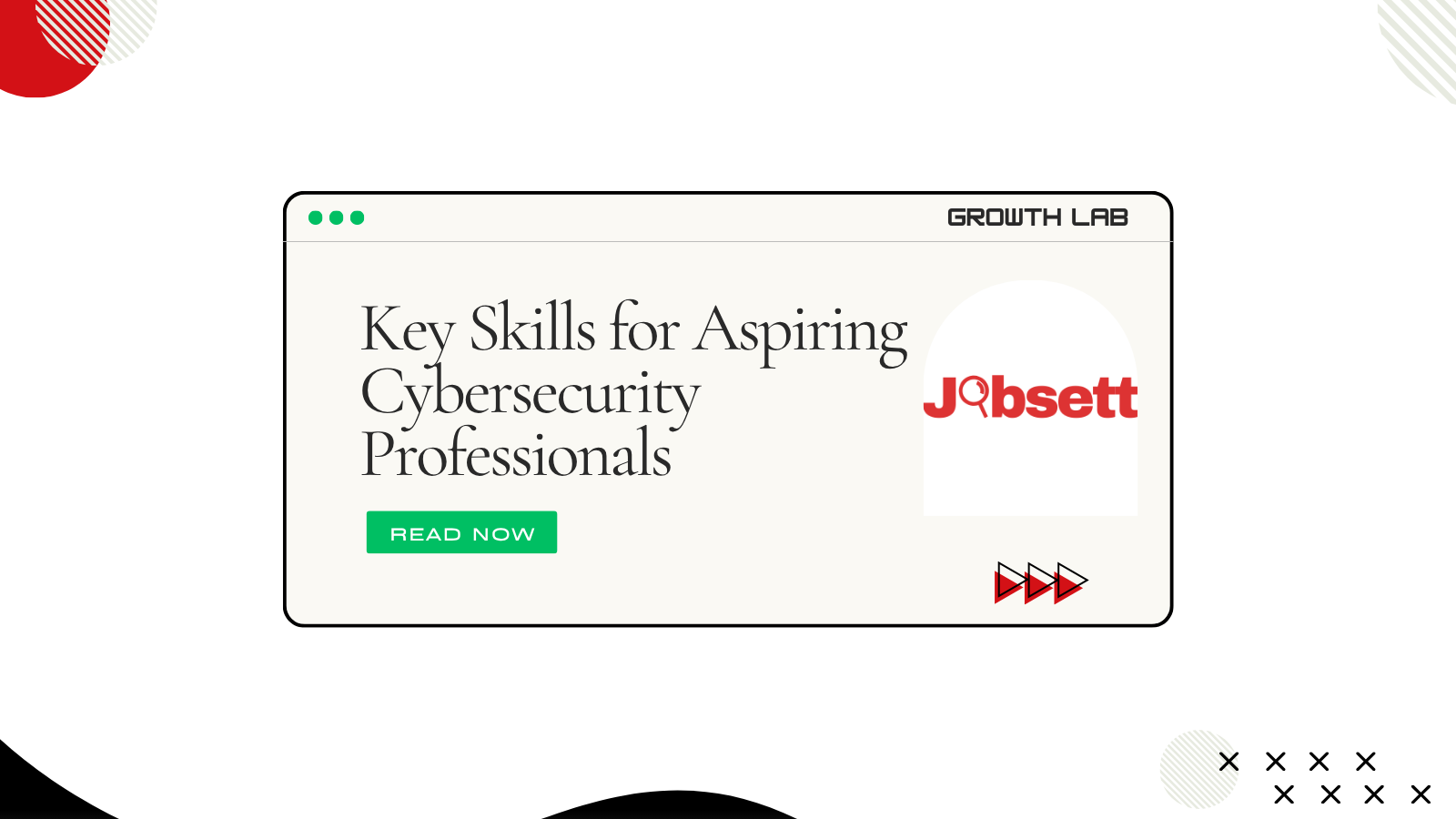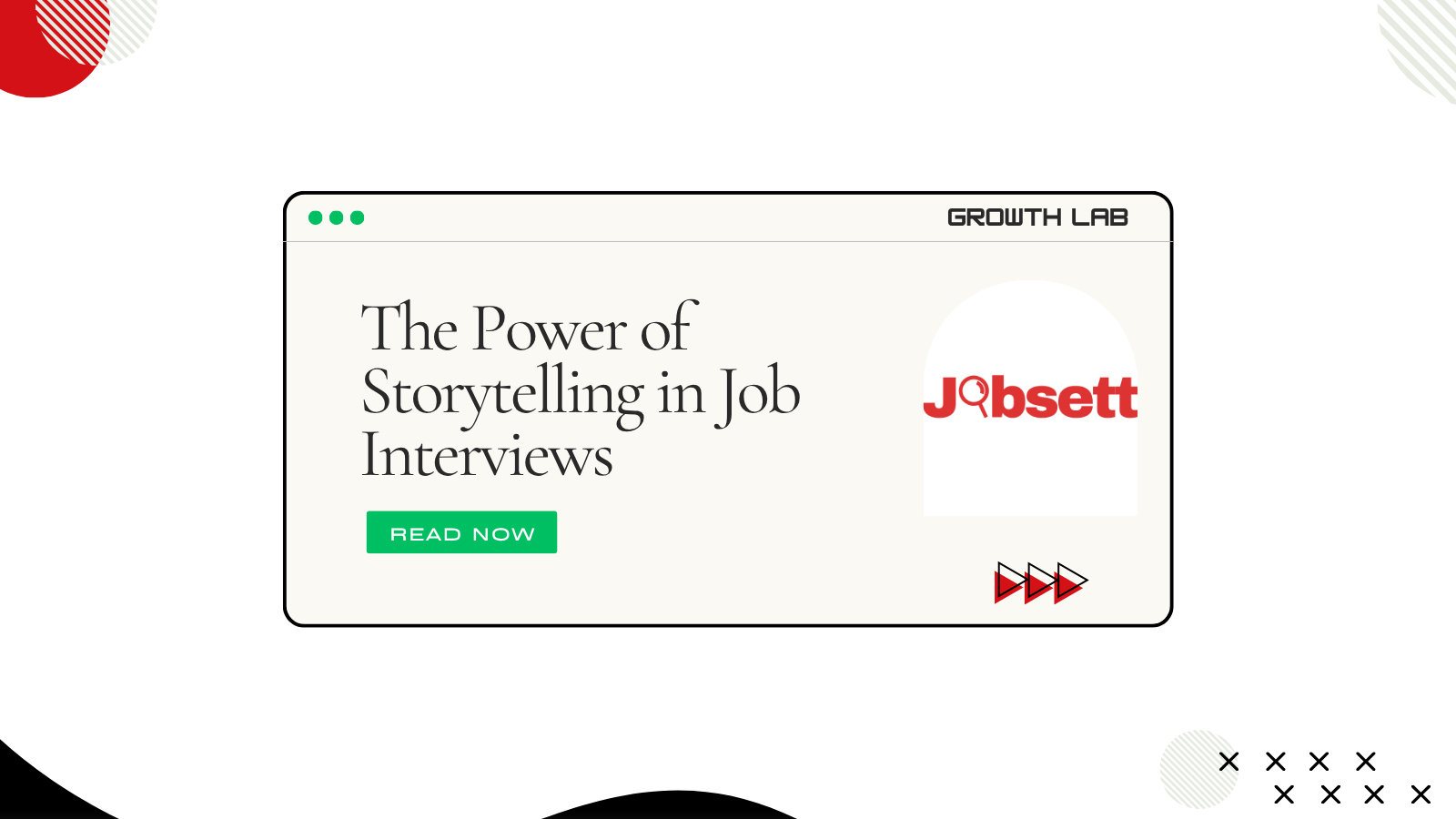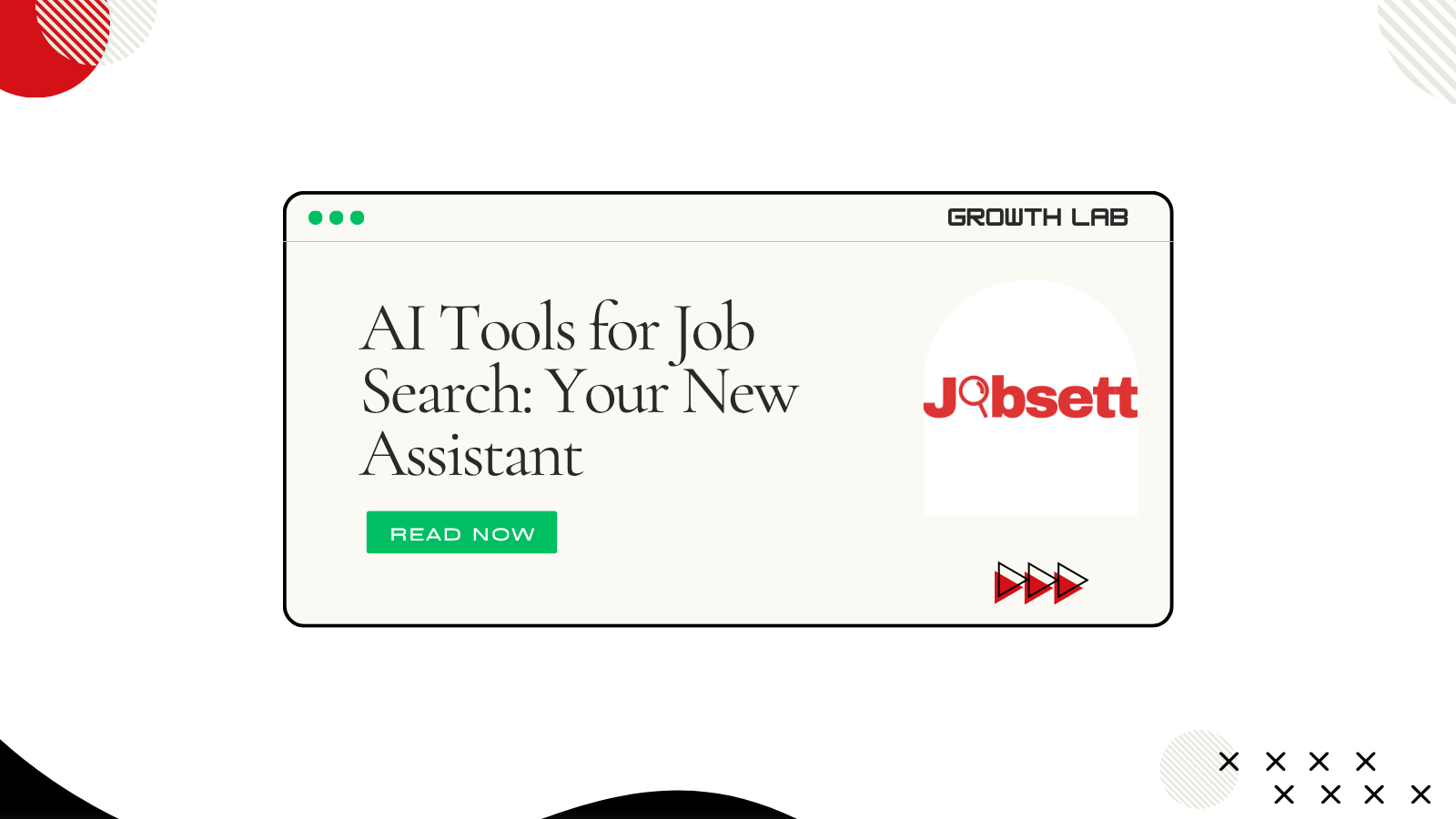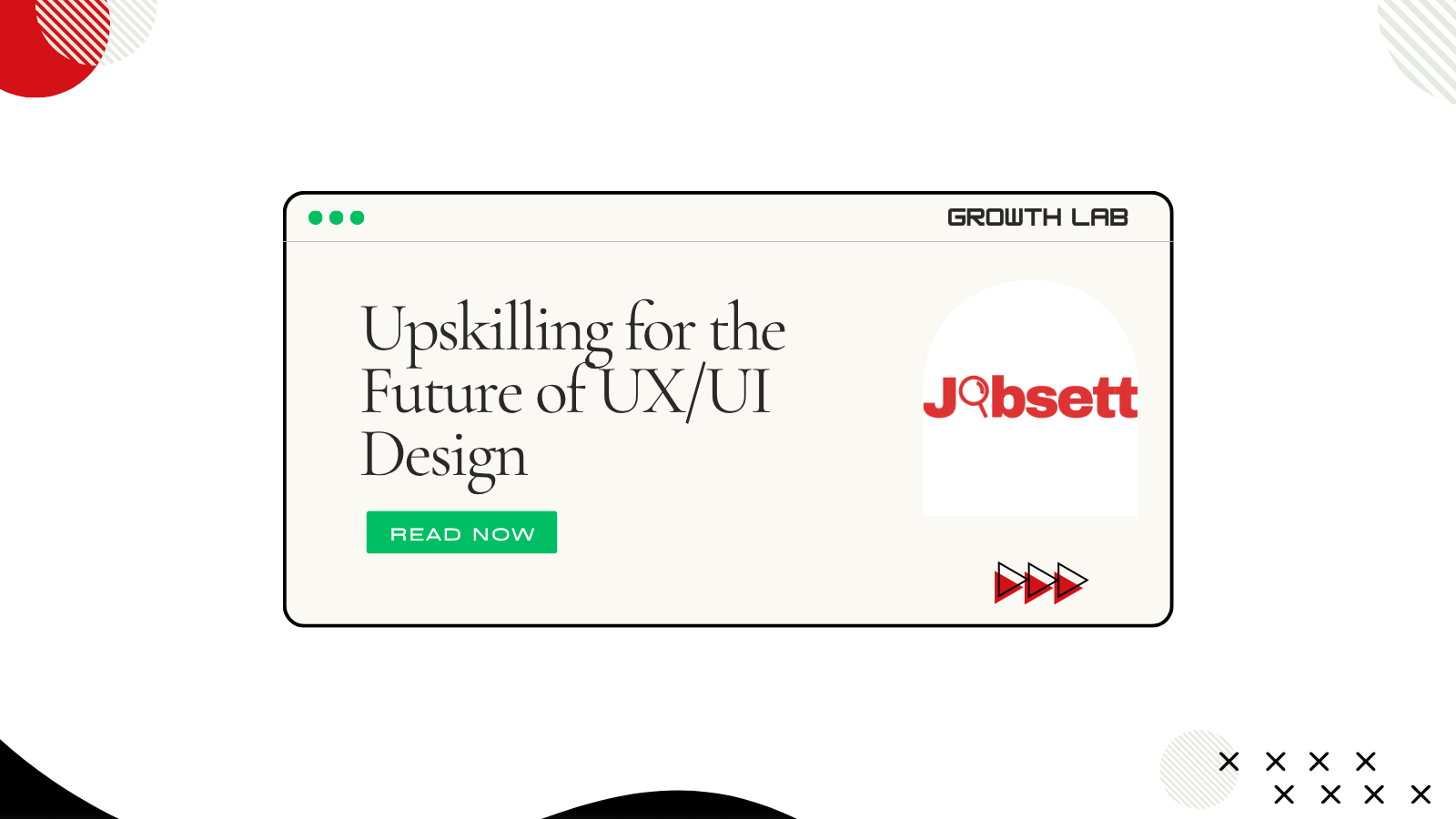Find Nigeria's best


Top Picks
Featured roles from standout companies
Live Jobs
Find your next opportunity
Candidate
Find your dream job
Explore remote and hybrid jobs in Nigeria across marketing, programming, design, product, finance, writing, and more.
Skill Gap Analyser
Enter details and click "Analyse Skill Gaps" to see results.
To get analysis on more roles click here
Companies with flexible roles
Find companies that deserve you!
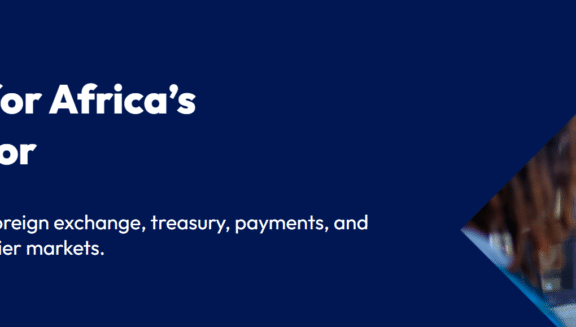
AZA Finance
Conditions for a green tick:
- Website has been verified
- Phone has been verified
- Location has been verified
Employers
Hire remotely
Find out why employers trust Jobsett to deliver qualified applicants
Let's grow together
Start free, scale as you grow
Free Trial
- 5 job posting
- 1 featured job
- Invite Candidates
- Send Messages
- Limited support
Level Up
- 20 job posting
- 10 featured job
- 60 candidates follow
- 60 Download CV
- Invite Candidates
- Send Messages
- Print candidate profiles
- View candidate information
- Standard support
Elite
Recommended- 50 job posting
- 25 featured job
- 200 candidates follow
- 200 Download CV
- Invite Candidates
- Send Messages
- Print candidate profiles
- View candidate information
- Advanced support
What our Jobsetters are saying
Chidinma Ochei
Communications ManagerVictoria Kalu
Product OperationsMercy West
Freelance Digital MarketerLatest from our Growth Lab
Get interesting insights, articles, and news
Odunayo Eweniyi: Pioneering Nigeria’s Savings Future
Welcome to The Impact Series, a new content journey where…
How to Turn Your NYSC Year into a Career Launchpad
For many Nigerian graduates, the National Youth Service Corps (NYSC)…
Career Blogs for Nigerians Exploring Flexible Work
Nigerian job seekers and remote professionals need more than just…
Top Remote and Flexible Job Boards for Nigerians
Nigerian job seekers increasingly rely on job boards that curate…
How to Make the Most of Tech Conferences:
Tech conferences are more than just gatherings; they are vibrant…
Collaboration Platforms for Distributed Teams
In today’s globalized workforce, distributed teams are becoming the norm,…
Key Skills for Aspiring Cybersecurity Professionals
In an era increasingly defined by digital transformation, the importance…
The Power of Storytelling in Job Interviews
In a job interview, it’s not enough to simply list…
AI Tools for Job Search: Your New Assistant
The job search landscape has undergone a significant transformation, with…
Upskilling for the Future of UX/UI Design
The fields of User Experience (UX) and User Interface (UI)…








